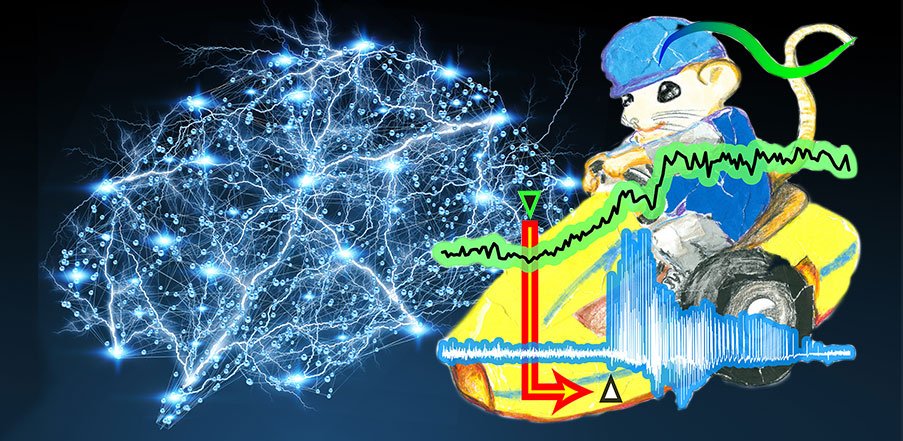As new technologies are increasingly used to force people to reveal or alter their thoughts, a human rights expert has called on the United Nations to clarify the scope and content of the right to freedom of thought.
“Counter-terrorism measures, ‘re-education’ programmes, torture, forcible administration of psychoactive drugs, and other coercive mental health practices may be used without permission to alter people’s thoughts, or to force them to reveal their thoughts,” Ahmed Shaheed, UN Special Rapporteur on freedom of religion or belief, told the UN General Assembly.
“Major developments in digital technology, neuroscience, and cognitive psychology may have unprecedented consequences for the privacy and integrity of our thoughts,” he said as he presented his report on freedom of thought, which makes recommendations to multilateral, State and non-State actors on how to respect, protect and promote freedom of thought.
Freedom of thought is an absolute right that is enshrined in Article 18 of the Universal Declaration of Human Rights and Article 18 (1) of the International Covenant on Civil and Political Rights, alongside the distinct yet equal freedoms of conscience and religion or belief, Shaheed said.
“It is foundational for many other rights and it can be neither restricted nor derogated from, even during public emergencies, yet is a largely unexplored right,” he said. “I encourage the UN human rights system to further clarify the freedom’s scope and content.”
Freedom of thought “is not only imperative in one’s freedom to choose, develop or change convictions, but also fundamental in thinking on all matters independently of religion or belief systems,” said Shaheed.








